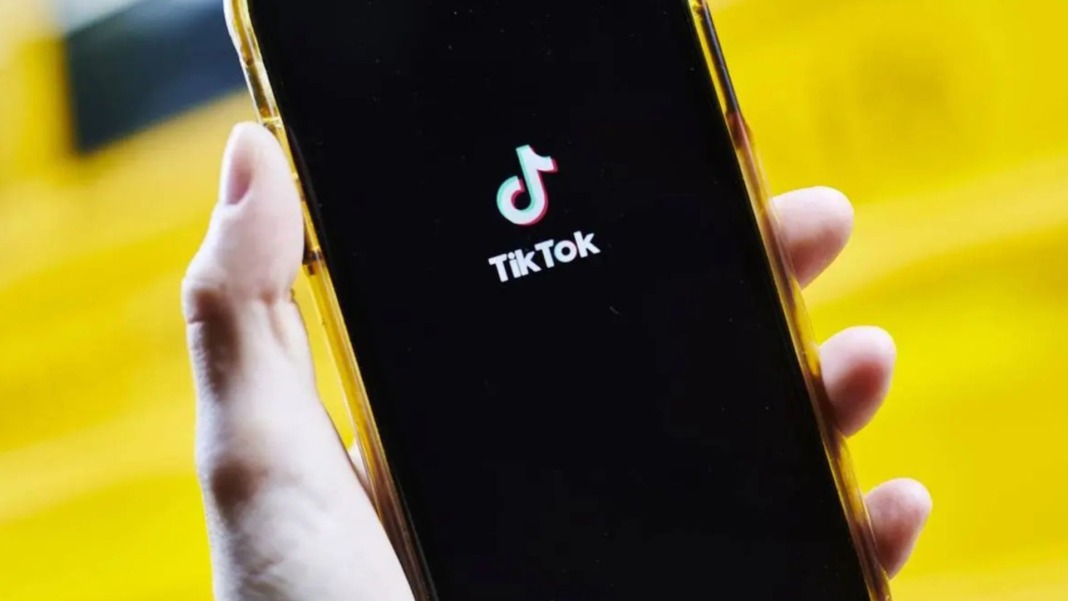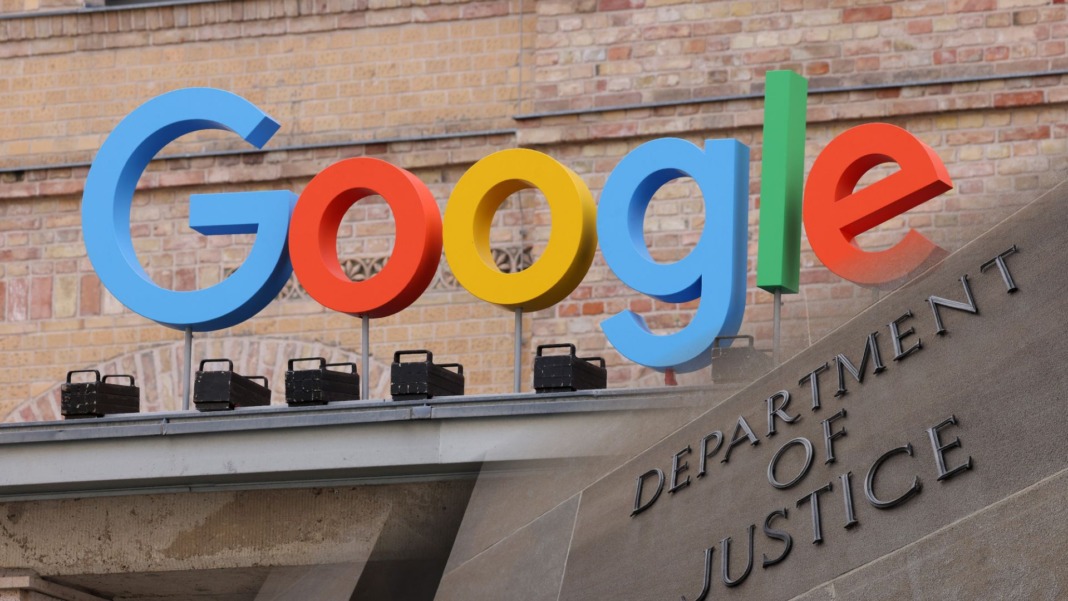In the latest development of the U.S. Federal Trade Commission’s (FTC) antitrust trial against Meta, CEO Mark Zuckerberg revealed that TikTok’s rapid rise had a major impact on Meta’s business. In court on June 5, Zuckerberg described the short-form video platform as an “urgent” and “top priority” competitor when it burst onto the scene in 2018.
His statement adds to the growing attention around the trial, which could have serious consequences for Meta. If the FTC succeeds, Meta may be forced to separate Instagram or WhatsApp from its business and run them as independent companies.
TikTok’s arrival slowed Meta’s growth
Zuckerberg openly acknowledged that Meta’s growth “slowed down dramatically” once TikTok became popular. This rare admission clearly shows how much TikTok affected Meta’s position in the social media world. According to reports from Bloomberg and other media outlets, he confirmed that TikTok has remained a key focus in Meta’s competitive strategy since it gained popularity.
ByteDance, the Chinese company behind TikTok, had acquired another app called Musical.ly in 2017 and merged the two the following year. This strategic move turned TikTok into a global sensation, especially among younger audiences. Around that same time, Meta (still called Facebook) stopped publishing separate user data for the Facebook platform in its quarterly updates. Instead, it began reporting numbers under a broader “family of apps” category, which included Instagram and WhatsApp. Many believed this shift was aimed at downplaying Facebook’s slowing user growth.
Social media is no longer just about friends
During the trial, Zuckerberg also spoke about how social media has changed. He said today’s apps are not just about connecting with friends and family. Instead, they now act more like discovery tools. “The apps now serve primarily as discovery engines,” he explained, adding that users often share the content they find through messaging platforms afterwards.
This marked a major change in how platforms like Facebook originally grew. In the early days, success was built on people inviting friends and forming strong online communities. However, Zuckerberg pointed out that the power of these “network effects” has faded as social media has evolved.
A return to Facebook’s early days
Despite these changes, Meta is circling back to its roots. Zuckerberg said the company is trying to bring back the feel of the original Facebook. As part of this effort, new features have been introduced to help users reconnect with their friends. One example is a refreshed Friends tab that makes managing friend requests and seeing updates from your contacts easier.
Zuckerberg had already spoken about this vision earlier in the year. In a January update to investors, he highlighted that one of Meta’s main goals for 2025 was to focus on what he called the “return to OG Facebook.”
As the FTC trial continues, more insights into Meta’s business decisions are likely to emerge. For now, it’s clear that TikTok didn’t just disrupt the social media scene—it forced one of the biggest tech companies in the world to rethink its entire approach.




